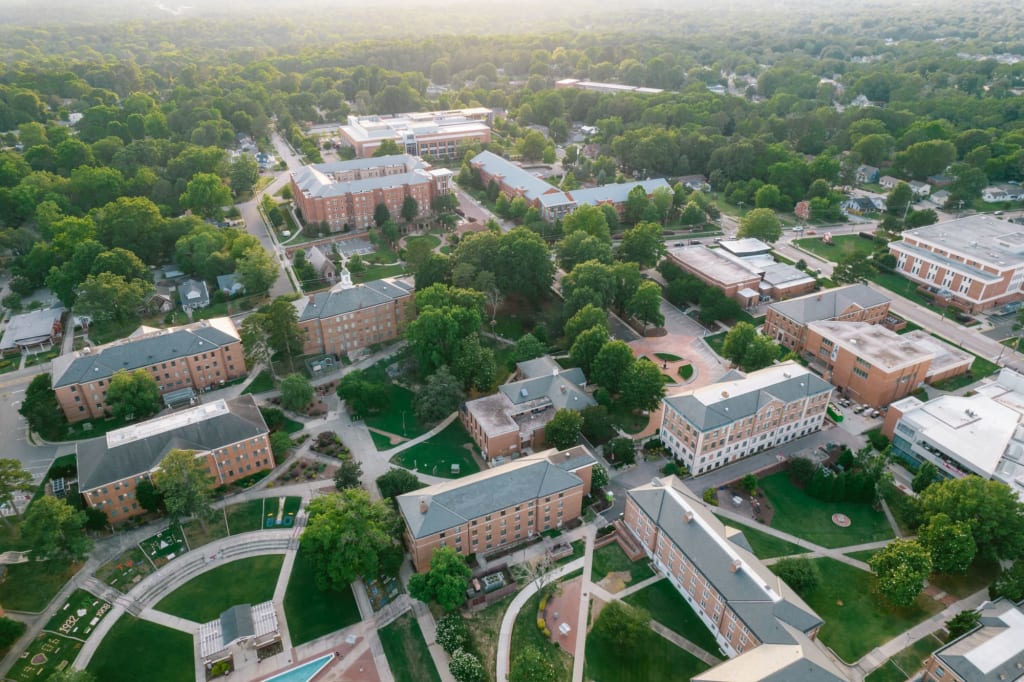Historically Black Colleges and Universities (HBCUs) have played a crucial role in providing educational opportunities for African American students since their inception in the mid-19th century. However, there are still many misconceptions and myths surrounding these institutions that need to be debunked.
Myth #1: HBCUs are only for African American students
One common misconception about HBCUs is that they only cater to African American students. While it is true that these institutions were originally founded to educate African Americans who were excluded from predominantly white institutions, HBCUs are open to students of all races and backgrounds. In fact, many HBCUs have a diverse student body that includes students from various ethnicities and nationalities.
Myth #2: HBCUs offer lower-quality education
Another myth about HBCUs is that they offer a lower-quality education compared to predominantly white institutions. This is simply not true. Many HBCUs have a long-standing tradition of academic excellence and have produced successful graduates who have gone on to make significant contributions in various fields. In fact, several HBCUs are ranked among the top colleges and universities in the country.
Myth #3: HBCUs are not as prestigious as predominantly white institutions
Many people believe that HBCUs are not as prestigious as predominantly white institutions. However, this is a misconception that is based on outdated perceptions and biases. HBCUs have a rich history of producing leaders, scholars, and innovators who have made significant contributions to society. Many HBCU alumni have achieved notable success in their careers and have gone on to become influential figures in their respective fields.
Myth #4: HBCUs are not well-funded
Another common myth about HBCUs is that they are not well-funded and do not have the resources to provide a quality education to their students. While it is true that some HBCUs face financial challenges, many of these institutions have made significant strides in securing funding through grants, donations, and other sources. In recent years, several HBCUs have received substantial financial support from corporations, foundations, and government agencies to improve their facilities, programs, and services.
In conclusion, it is important to debunk these common myths about HBCUs and recognize the valuable contributions that these institutions have made to higher education. HBCUs have a rich history of providing a quality education to students of all races and backgrounds, and they continue to play a vital role in empowering African American students and fostering diversity and inclusion in the academic community.
